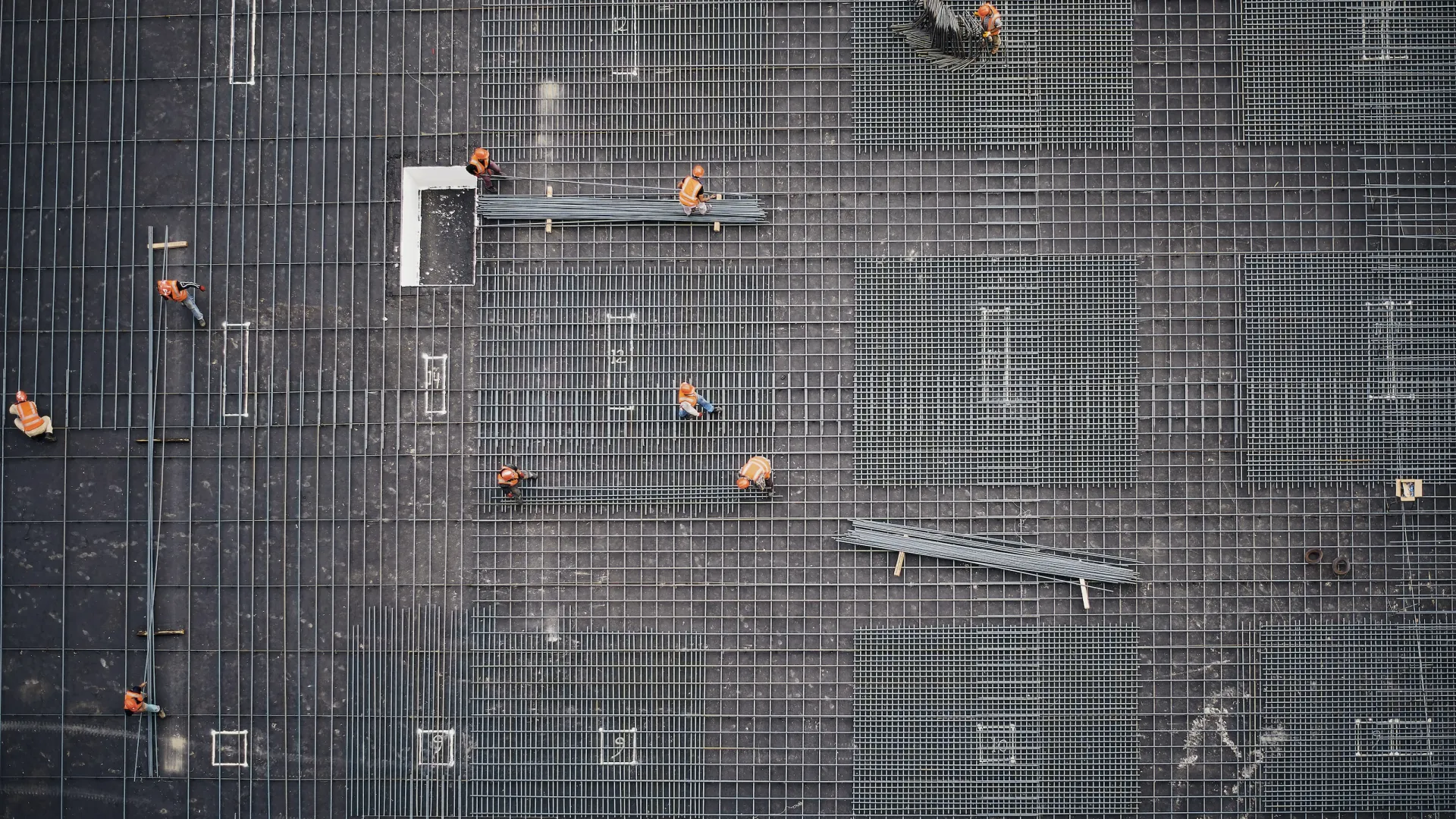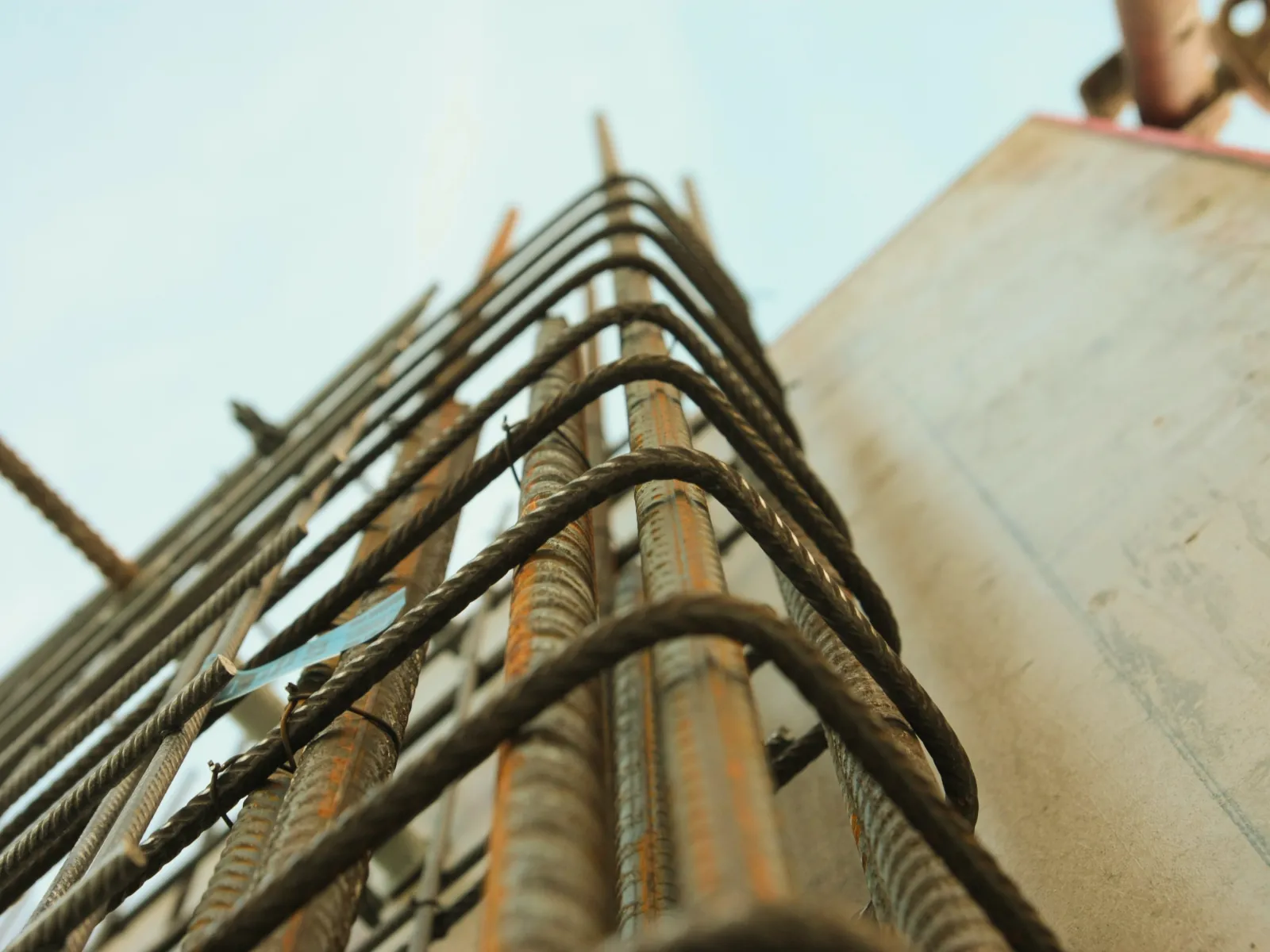
Where Are Prevailing Wages Used?

What is a Prevailing Wage?
To understand the concept of a prevailing wage, let's start with the basics. A prevailing wage is the minimum wage rate that must be paid to workers for a particular job or occupation in a specific geographical area. This wage is determined by government authorities and is designed to ensure that workers are fairly compensated for their labor. In essence, it's a safeguard against underpayment and exploitation in the labor market.
Prevailing Wage in Action
Imagine you're a skilled electrician living in a bustling city. You're looking for work, and a local construction company hires you to wire a new office building. To ensure you receive fair compensation for your expertise, the government has set a prevailing wage rate for electricians in your city. This rate is typically based on the average wage paid to electricians in the area.
Where Are Prevailing Wages Used?
Prevailing wages come into play in various scenarios. They are most commonly associated with public construction projects, such as building schools, highways, and government buildings. However, prevailing wages can also extend to private projects that receive public funding or assistance.
Public Works Projects
Let's say your city plans to build a new school to accommodate its growing population. Since this is a public works project, it falls under the umbrella of prevailing wage laws. Contractors and subcontractors working on the project must pay their workers no less than the established prevailing wage. To do this, you need to be certified payroll complaint.
Public Funding
Even if a project is privately funded, it may still be subject to prevailing wage laws if it receives any form of public funding or subsidies. This ensures that taxpayer dollars indirectly contributing to a project still guarantee fair wages for the workers involved.
What Are the Benefits of Prevailing Wage Laws?
Prevailing wage laws offer several significant benefits, both for workers and society as a whole.
Fair Compensation
The most obvious advantage is that they ensure workers receive fair compensation for their labor. This reduces the risk of underpayment and exploitation, helping workers maintain a decent standard of living.
Skilled Workforce
By providing competitive wages, prevailing wage laws attract skilled and experienced workers to public projects. This ensures a high level of expertise and quality in the construction and maintenance of public infrastructure.
Economic Stimulus
When workers are paid fairly, they have more disposable income, which stimulates local economies. This ripple effect can lead to increased economic activity, benefiting communities as a whole.
Reduced Income Inequality
Prevailing wage laws contribute to reducing income inequality by preventing contractors from driving down wages to maximize profits. This helps bridge the income gap between low- and high-income workers.
Which Industries Could Benefit from Prevailing Wage Protections?
While prevailing wage laws are commonly associated with the construction industry, they can benefit various sectors involving government contracts or funding. Here are a few examples:
Healthcare
Hospitals and healthcare facilities funded by public money often require specialized construction and maintenance work. Prevailing wage laws ensure that the professionals providing these services are fairly compensated.
Education
Public schools, colleges, and universities frequently undertake construction and renovation projects. Prevailing wages help attract skilled labor to ensure the quality and safety of educational facilities.
Transportation
Public transportation infrastructure, such as roads, bridges, and public transit systems, relies heavily on prevailing wage laws to ensure that the workers responsible for maintaining and expanding these vital networks are paid fairly.
Housing
In some cases, housing projects that receive government subsidies or grants may also be subject to prevailing wage laws, ensuring that construction workers are not exploited.
Are Prevailing Wages Only Applicable to Direct Government Contracts?
While prevailing wages are most commonly associated with direct government contracts, they can extend to projects with indirect government involvement. Here's a closer look:
Direct Government Contracts
When a government agency or department directly contracts a construction project, it falls under prevailing wage laws. This includes projects like government office buildings, highways, and public schools.
Indirect Government Involvement
Even if a project isn't directly funded or contracted by the government, it may still be subject to prevailing wage laws if it receives public funding, grants, tax incentives, or subsidies. This ensures that any project with a public interest is held to fair labor standards.
How Do Prevailing Wage Standards Fit Alongside Minimum Wages?
Prevailing wage standards and minimum wages may seem similar, but they serve distinct purposes and coexist to ensure fair compensation for workers.
Prevailing Wage vs. Minimum Wage
- Prevailing Wage: This is specific to particular job categories and geographic areas. It aims to establish fair compensation based on industry norms and local cost-of-living factors.
- Minimum Wage: This is a universal wage floor set by the government, applicable to all workers regardless of their occupation or location. It provides a basic level of income protection.
Complementary Measures
Prevailing wage laws and minimum wage laws work in tandem to protect workers. While minimum wage laws establish a baseline for all workers, prevailing wage laws ensure that those in specialized or location-dependent fields receive wages that reflect their skills and the local economy.
Imagine you're a construction worker in a city with a high cost of living. Thanks to prevailing wage laws, you receive a wage that considers your area's specific demands and expenses, even if it exceeds the general minimum wage. This combination of measures ensures that all workers are treated fairly, regardless of their job or location.
In conclusion, prevailing wage laws are crucial in ensuring that workers are fairly compensated, maintaining the quality of public infrastructure, and stimulating local economies. They extend beyond direct government contracts to various industries and complement minimum wage laws, ultimately promoting a more equitable and prosperous society. So, the next time you see a new school or road being built in your community, you'll know that prevailing wage protections are hard at work, benefiting both the workers and the public at large.